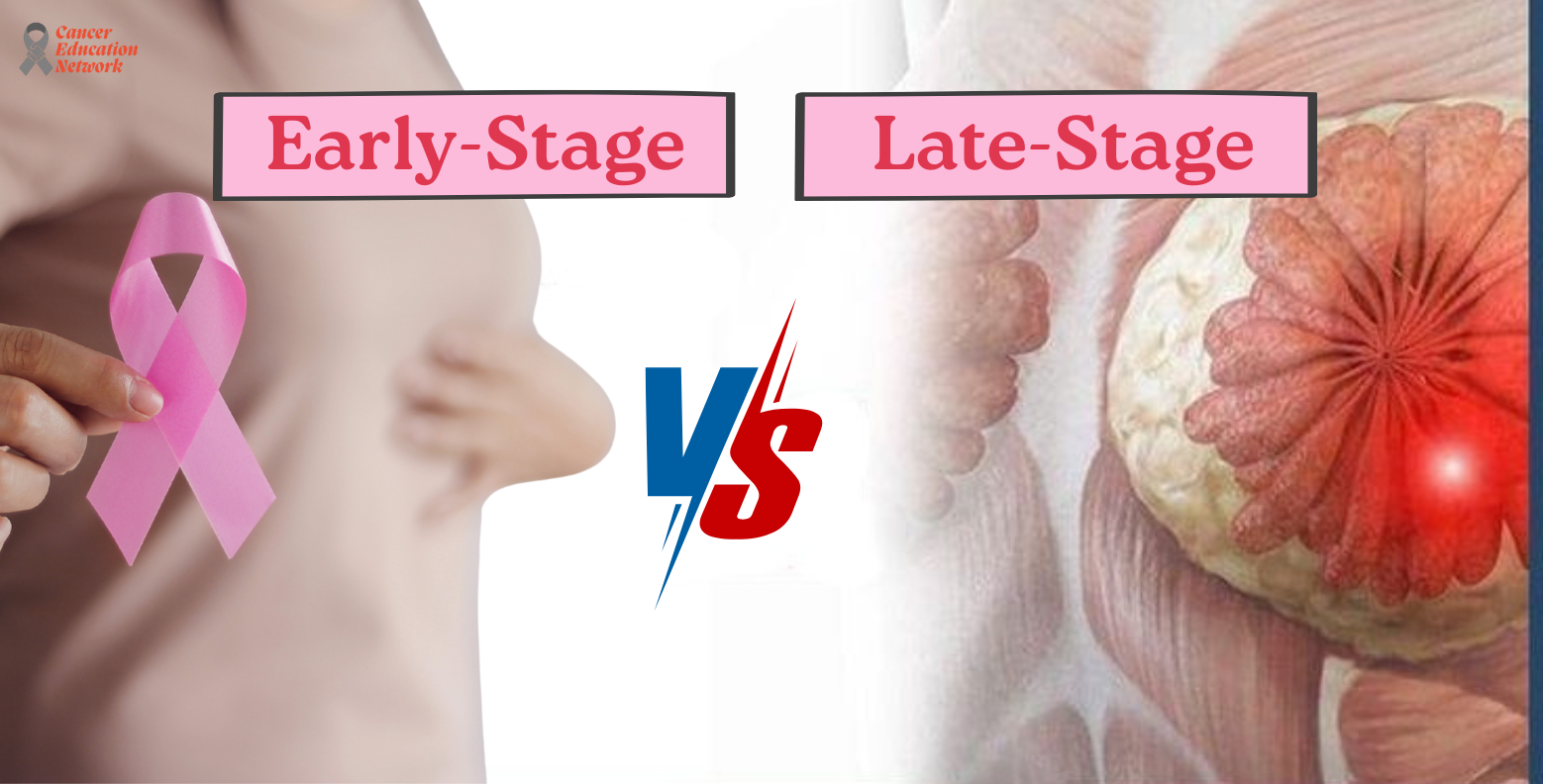Insights from a Pancreatic Cancer Specialist in Lucknow
Why Pancreatic Cancer Deserves Urgent Awareness
Pancreatic cancer is among the deadliest forms of cancer — not because it is the most common, but because it’s often detected too late. It quietly grows inside the body, rarely showing any symptoms in early stages, and by the time it’s discovered, the disease may have already spread.
This aggressive cancer has earned its reputation due to its rapid progression and poor survival outcomes. However, timely diagnosis, skilled surgical intervention, modern chemotherapy, and targeted therapies have begun to shift the narrative. Early detection and expert management can make a real difference, especially when handled by a trained pancreatic cancer specialist in Lucknow.
The Global and Indian Burden
Every year, more than 500,000 new cases of pancreatic cancer are diagnosed globally, making it the fourth leading cause of cancer-related deaths. What’s concerning is that most of these deaths occur because the disease is caught too late for effective treatment.
In India, the situation is equally grim. Pancreatic cancer is on the rise, partly due to our aging population, increasing lifestyle-related illnesses like diabetes and obesity, and lack of early screening. About 80% of Indian patients are diagnosed at advanced stages, when curative treatment is no longer an option.
📢 Pancreatic cancer doesn’t wait. Neither should you.
✅ If you have unexplained abdominal pain, weight loss, or jaundice — consult a pancreatic cancer specialist in Lucknow today.
What Causes Pancreatic Cancer?
The pancreas is a gland located deep inside the abdomen, behind the stomach. It plays a crucial role in digestion and blood sugar regulation. When cancer begins here, it often grows undetected — until it starts affecting other organs or causing severe symptoms.
Several risk factors have been associated with pancreatic cancer. It most commonly occurs in individuals over the age of 60. Smoking nearly doubles the risk. Conditions such as chronic pancreatitis, obesity, long-standing or newly diagnosed diabetes, and alcohol abuse also contribute.
Family history plays a significant role. In fact, 10–15% of pancreatic cancers have a genetic basis, especially those involving BRCA mutations, Lynch syndrome, or Peutz-Jeghers syndrome.
📢 A new diagnosis of diabetes after age 50 could be a red flag for pancreatic cancer.
✅ Don’t guess. If in doubt, consult your pancreatic cancer specialist in Lucknow for timely investigations.
Recognizing the Symptoms
Although pancreatic cancer is often described as “silent,” your body does give subtle warning signs — if you’re attentive. Common symptoms include abdominal pain radiating to the back, unexplained weight loss, persistent fatigue, loss of appetite, and yellowing of the eyes or skin (jaundice).
Some people notice dark urine, pale-colored stools, or sudden onset of diabetes, especially if they didn’t have high blood sugar earlier.
Symptoms may vary based on the tumor’s location. Tumors in the head of the pancreas are more likely to cause jaundice and be caught earlier. Tumors in the body or tail often produce symptoms later, resulting in delayed diagnosis.
📢 Don’t wait for pain to speak louder than prevention.
✅ If any of these symptoms persist, seek consultation with a pancreatic cancer specialist in Lucknow immediately.
How Is Pancreatic Cancer Diagnosed?
Diagnosis begins with an ultrasound, often done when a patient presents with jaundice or abdominal pain. A contrast-enhanced CT scan is considered the gold standard for detecting pancreatic tumors and assessing their spread. An MRI with MRCP offers detailed imaging of the bile and pancreatic ducts.
In many cases, an Endoscopic Ultrasound (EUS) is performed to visualize the tumor and obtain a biopsy. For those with blocked bile ducts, ERCP may be done to relieve symptoms and place a stent.
Blood tests like CA 19-9 may be elevated in pancreatic cancer, although they’re not diagnostic on their own.
Genetic and molecular testing — especially in younger patients or those with a strong family history — can help identify BRCA mutations, KRAS, MSI-H/dMMR status, and other actionable targets.
Types and Staging of Pancreatic Cancer
The most common type is pancreatic ductal adenocarcinoma, which makes up over 90% of all cases. Less common forms include pancreatic neuroendocrine tumors (PNETs), which tend to be slower growing, and cystic tumors, which may be benign or malignant. Ampullary carcinomas, found near the bile duct opening, generally have a better prognosis.
Staging is crucial to determine the treatment path:
- Stage I: Confined to the pancreas, smaller tumors
- Stage II: Local spread to nearby tissues or lymph nodes
- Stage III: Involves major blood vessels, may be borderline resectable
- Stage IV: Distant metastasis to organs like the liver, lungs, or peritoneum
Patients are also categorized based on surgical feasibility: resectable, borderline resectable, locally advanced (unresectable), or metastatic.
Stagewise Treatment Strategy
Pancreatic cancer treatment is complex and demands a multidisciplinary approach involving oncologists, surgeons, gastroenterologists, and nutritionists.
Resectable Tumors (Stage I–II):
Surgery is the cornerstone of treatment and the only potential cure. For tumors in the head of the pancreas, a Whipple procedure (pancreaticoduodenectomy) is done. Tumors in the tail or body are removed through a distal pancreatectomy. In some rare cases, a total pancreatectomy may be required.
Surgery is followed by adjuvant chemotherapy — typically with Gemcitabine or FOLFIRINOX — which has been shown to significantly improve survival.
Borderline Resectable / Locally Advanced Tumors (Stage III):
These patients are usually started on neoadjuvant chemotherapy, especially FOLFIRINOX, to shrink the tumor and potentially make surgery possible. Radiotherapy may be considered in selected patients. Tumor markers like CA 19-9 help assess response.
Metastatic Disease (Stage IV):
Here, the focus shifts to systemic control. Fit patients may receive FOLFIRINOX, while others may benefit from Gemcitabine with Nab-paclitaxel.
In eligible patients, targeted therapies offer hope:
- Olaparib, a PARP inhibitor, is effective in BRCA-mutated patients, as shown in the POLO trial
- NTRK inhibitors are used in rare fusion-positive cases
- Immunotherapy like Pembrolizumab is reserved for tumors with MSI-H/dMMR
📢 Your genes may hold the key to survival.
✅ Ask your pancreatic cancer specialist in Lucknow about advanced molecular profiling.
Palliative and Nutritional Care
In advanced stages, palliative care is critical to improving quality of life. This includes biliary stenting for jaundice, pain management through nerve blocks or medication, and nutritional support such as pancreatic enzyme supplements and a balanced high-protein, low-fat diet.
Emotional and psychological support — for both the patient and family — also plays a vital role in care.
Can Pancreatic Cancer Be Prevented?
While not completely preventable, certain lifestyle choices can reduce your risk:
- Stop smoking
- Maintain a healthy weight
- Manage diabetes and blood sugar levels
- Avoid excessive alcohol
- Get medical attention for chronic pancreatitis
- Screen high-risk individuals, especially those with BRCA or family history
Final Note: It’s Not Always a Death Sentence
Pancreatic cancer is undoubtedly one of the most challenging cancers. But early action, personalized treatment, and expert care can significantly extend survival and even achieve long-term remission in some cases.
👉 If you notice jaundice, pain, or weight loss — get checked
👉 If you have a family history or known genetic mutations — start regular screening
👉 If diagnosed — get treated by a multidisciplinary team led by a pancreatic cancer specialist
📢 The earlier you act, the more options you have.
✅ Reach out to a pancreatic cancer specialist in Lucknow — today.
Book Your Consultation Now
If you or a loved one has been diagnosed with, or is suspected to have, pancreatic cancer, don’t delay.
🟣 Meet a top pancreatic cancer specialist in Lucknow for advanced diagnostics, surgical options, and cutting-edge therapies tailored to your needs.












